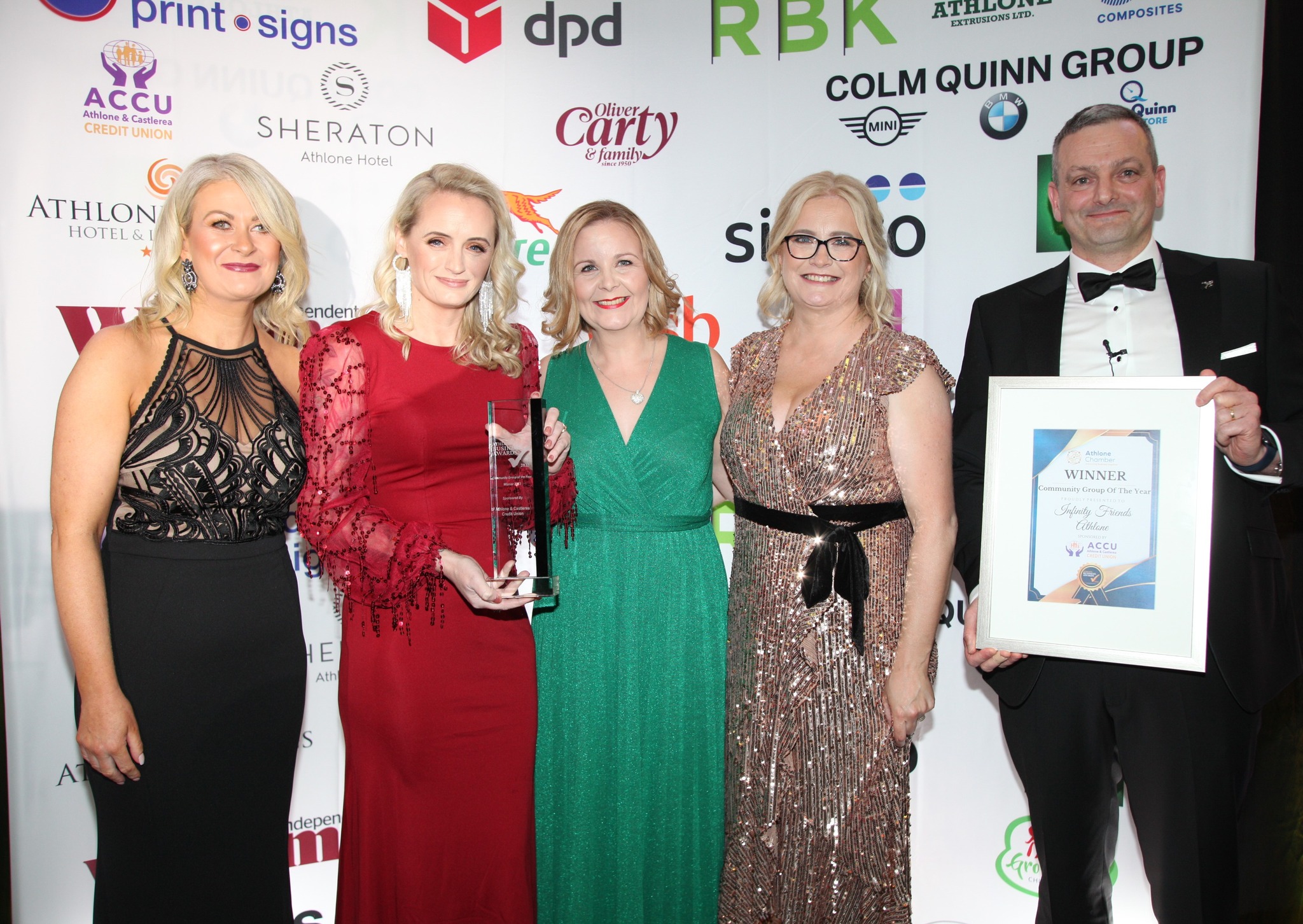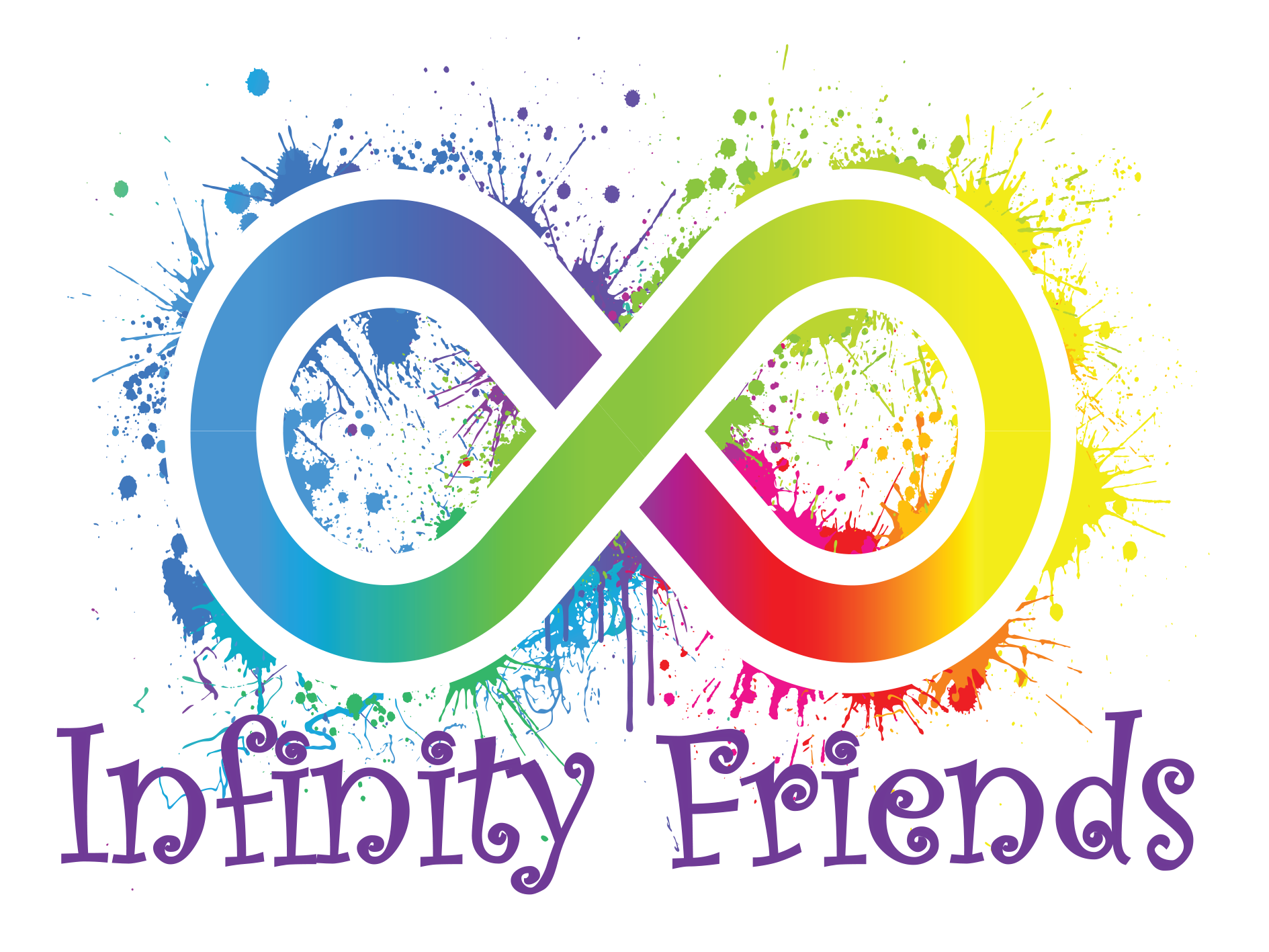Support and Information
The journey to diagnosis and resources to help you and your loved ones.
Info & Resources
Airport Support
We understand that travel can become stressful for an autistic person and their family. We are grateful that here in Ireland, our airports recognise this and have provided support when travelling through their airports.
Educational Support
Getting through the education system can be another stressful situation. However there is more support there that you can avail of to help your autistic child. See what you and your child are entitled to and how to apply for them.
Financial Support
There are certain financial supports available to autistic children and their families, however, once you recieve an autistic diagnosis for your child it does not automatically guarantee you financial assistance. Read more below.
Housing Support
Social housing is provided by a local authority to people who are assesed as being unable to afford housing themselves. In order to qualify for social housing, you must meet the income requirements and demonstrate a lack of suitable alternative accommodation.
Intersectionality Support
Intersectionality recognizes how different aspects of a person’s identity, like race, gender, and class, intersect to shape their experiences of privilege and discrimination. In recent times, there has been a noticeable trend where a significant number of the Autistic community also identifies as part of the LGBTQ+ community.
Parking Permits
In order to qualify for a parking permit also known as European Parking Cards or Disabled Parking Badge you must complete one of the following three options:
- Certified by your GP
- Be a Primary Medical Certificate holder.
- Be certified blind.
Infinity Friends Community Group Of the Year Winners 2023

